“It is very difficult to save turtles that have eaten a lot of plastic because they have intestinal obstruction and are exhausted,” Xinhua recently quoted Dwi Suprapti, a member of IAM Flying Vet, an Indonesian marine animal protection association.
Suprapti said it was likely that the turtles had accidentally eaten the plastic waste, mistaking it for food. Plastic waste can attract marine animals, especially turtles, because it resembles jellyfish and has a fishy smell like seaweed due to its long-term exposure to the sea. According to Xinhua, IAM Flying Vet regularly finds large marine animals stranded due to the presence of plastic waste in their bodies. In 2020, Suprapti and her colleagues successfully treated a green turtle that washed ashore in Bali in poor health.
X-rays showed several foreign objects in the turtle’s intestines. Seventy plastic objects, many of which were intact, were removed from the turtle’s intestines. “This is one of the few turtles we have rescued. We have released it back into the sea,” Suprapti said.
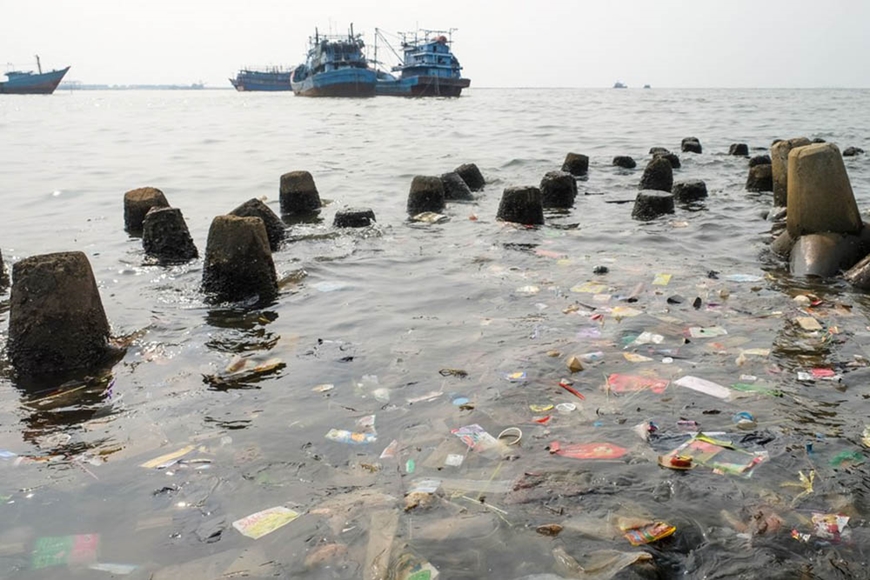 |
Garbage on the coast of North Jakarta city, Indonesia. Photo: Xinhua |
Indonesian government data shows that the archipelago nation generates nearly 20 million tons of waste each year, of which about 18% is plastic waste. Between 2018 and 2022, Indonesia reduced the amount of plastic waste entering the ocean by more than 200,000 tons. The country aims to reduce the amount of plastic waste entering the ocean by 70% by 2025. According to Hendi Koeshandoko, head of the pollution prevention agency at the Indonesian Ministry of Maritime Affairs and Fisheries (MMAF), ocean currents carry plastic waste from Indonesia to other countries and vice versa. MMAF is currently drafting regulations requiring each fishing vessel to carry a garbage bag when going to sea and not to throw trash into the ocean.
“Along with that, there needs to be a comprehensive management approach to address the plastic waste problem in Indonesia, from production and transportation to changing people’s habits and reducing the use of single-use plastics. Applying technology to convert waste into energy is also part of the solution,” Xinhua quoted Rosa Vivien Ratnawati, head of the waste management agency at the Ministry of Environment and Forestry.
VINH AN
Source




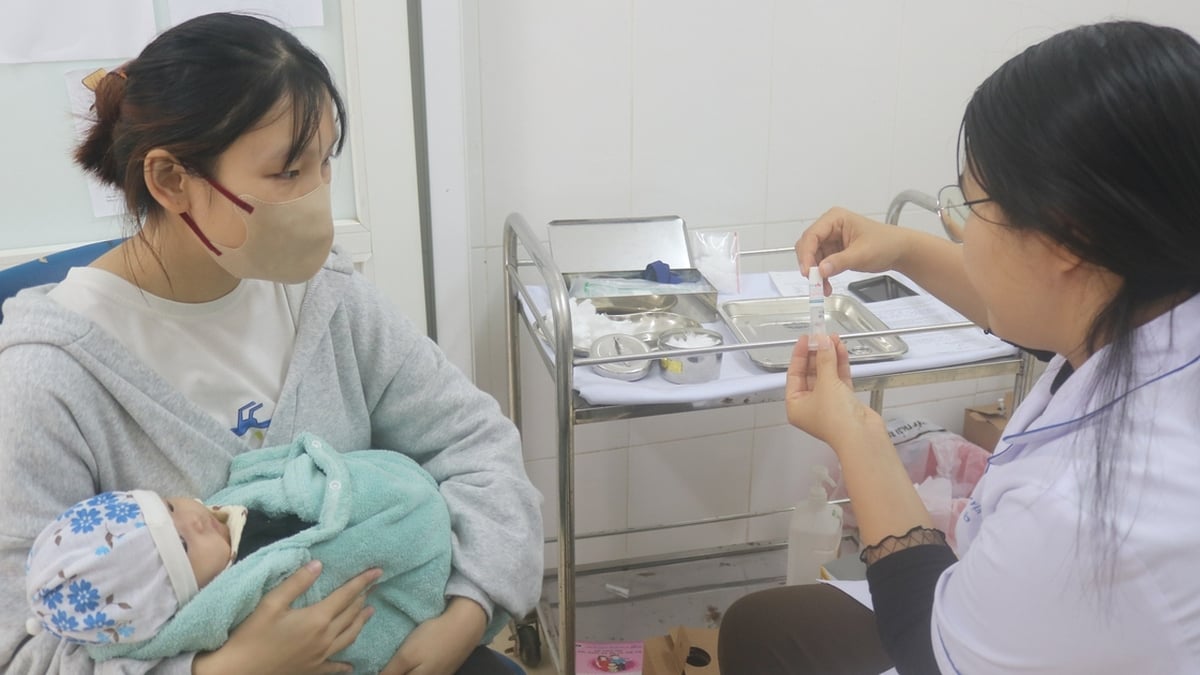





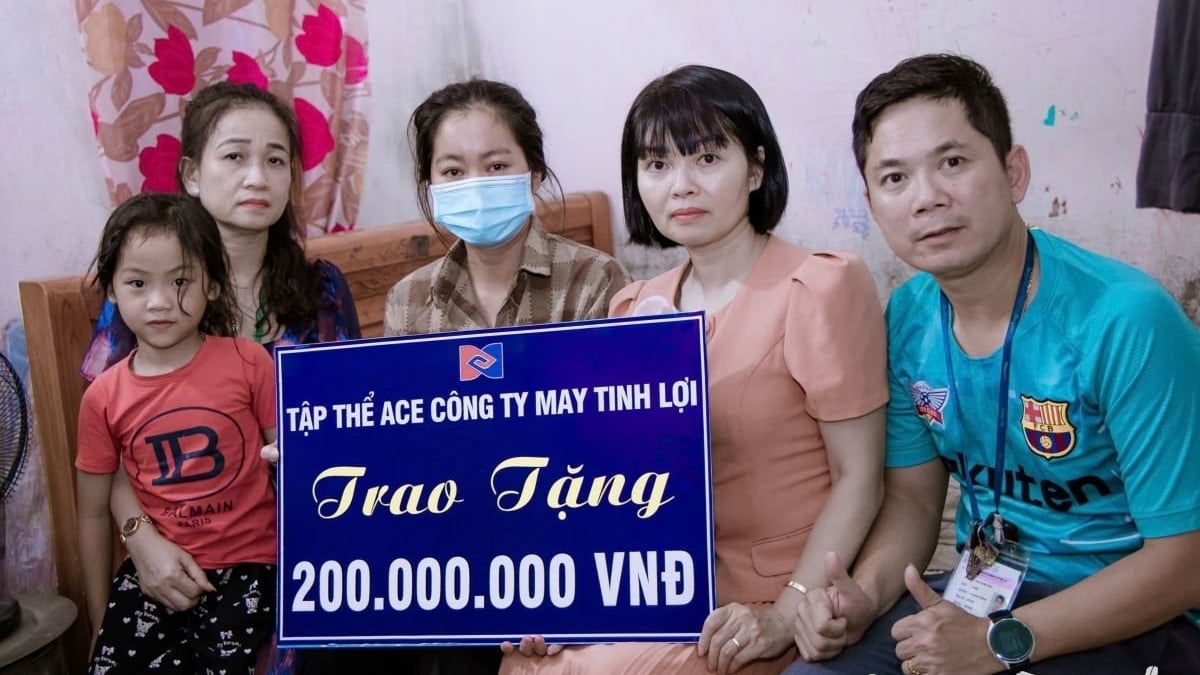
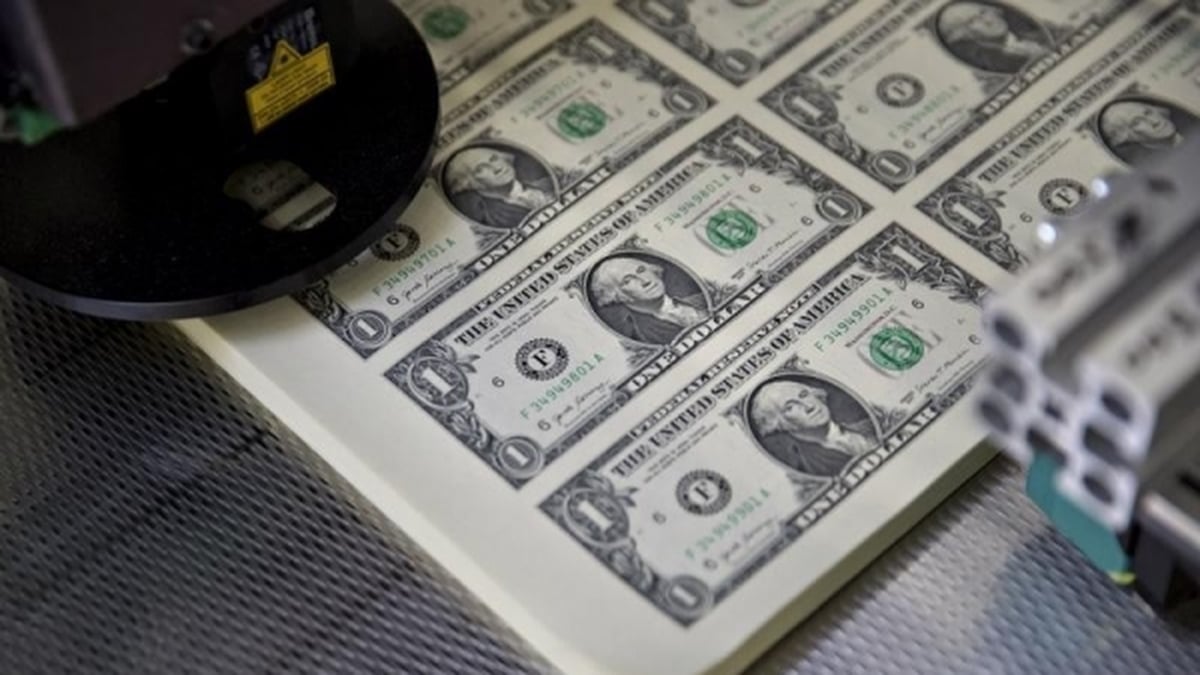






























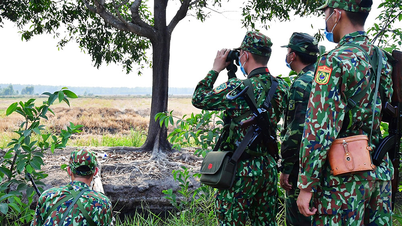











![[Maritime News] Container shipping faces overcapacity that will last until 2028](https://vphoto.vietnam.vn/thumb/402x226/vietnam/resource/IMAGE/2025/7/30/6d35cbc6b0f643fd97f8aa2e9bc87aea)







































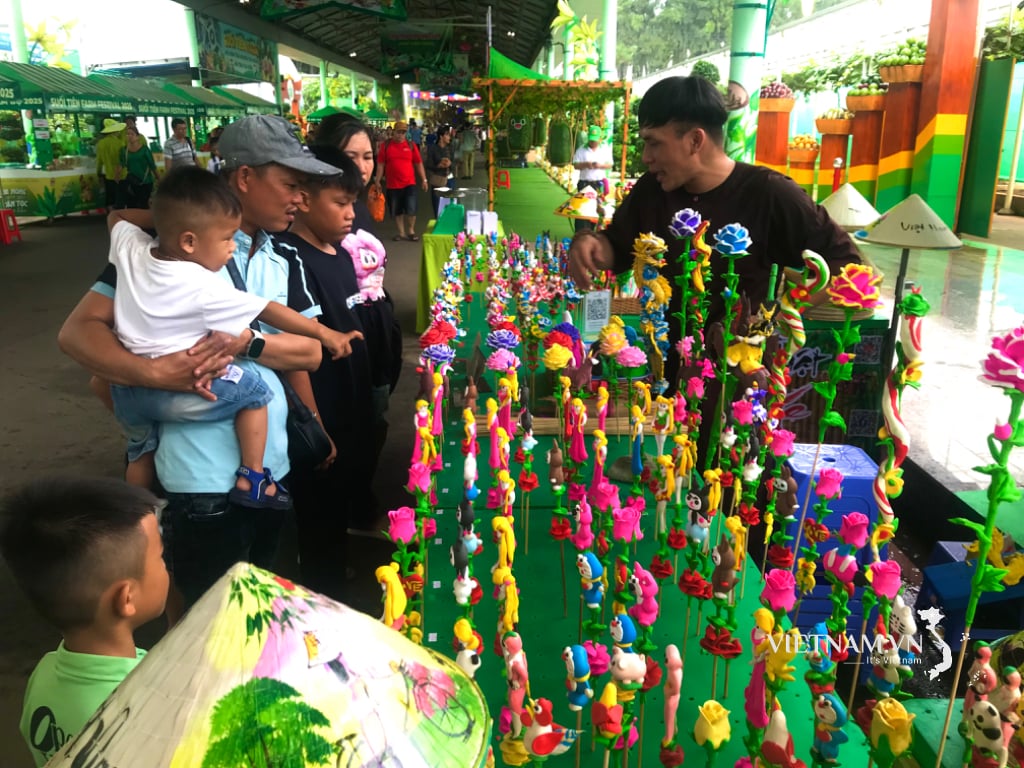

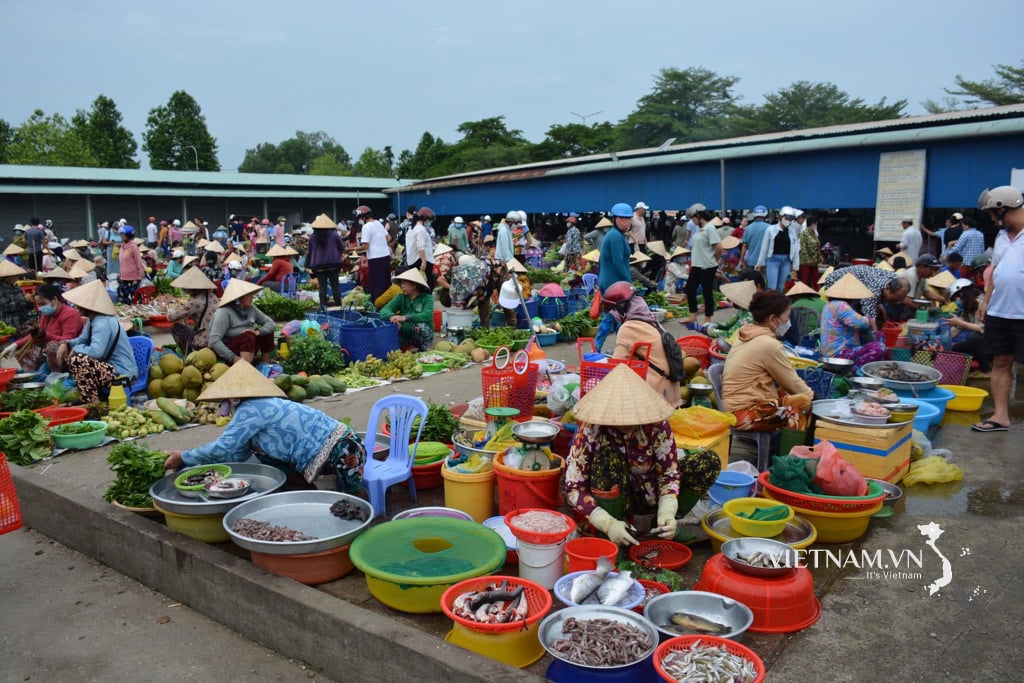
Comment (0)